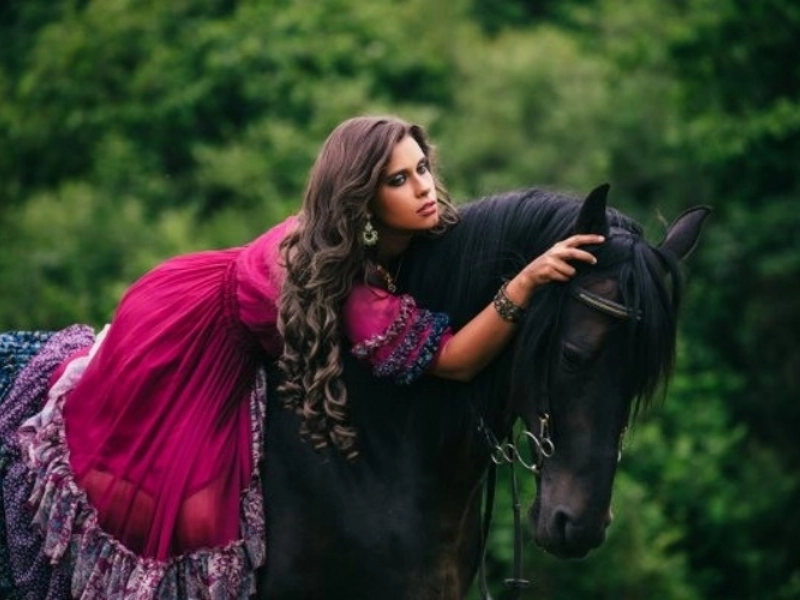
Occupational Traditions Among Romani Communities
Romani people engage in a diverse range of occupations that reflect their cultural heritage and adaptability. Among the primary livelihoods for many Romani individuals are trading, horse breeding, and various crafts, including jewelry making and basket weaving.
Trading has historically been a significant aspect of Romani life, allowing them to connect with different communities and exchange goods. This practice not only supports their economic needs but also fosters relationships across cultural boundaries. Romani traders often specialize in unique items that showcase their craftsmanship, making their products sought after in local markets.
Horse breeding is another important occupation, particularly valued within Romani culture. Horses are not only a source of livelihood but also hold cultural significance, symbolizing strength and freedom. Many Romani families take great pride in their horses, often participating in events and competitions that highlight their breeding skills.
In addition to trading and horse breeding, Romani artisans engage in various crafts, including jewelry manufacturing and basket weaving. Jewelry making allows them to express their creativity while producing beautiful, handcrafted pieces that often carry cultural significance. Similarly, basket weaving is a traditional craft that showcases their skills and provides practical items for everyday use.
In summary, the primary occupations of Romani people encompass trading, horse breeding, and a variety of crafts such as jewelry making and basket weaving. These activities not only sustain their livelihoods but also preserve their cultural identity and traditions, highlighting the resilience and resourcefulness of Romani communities.